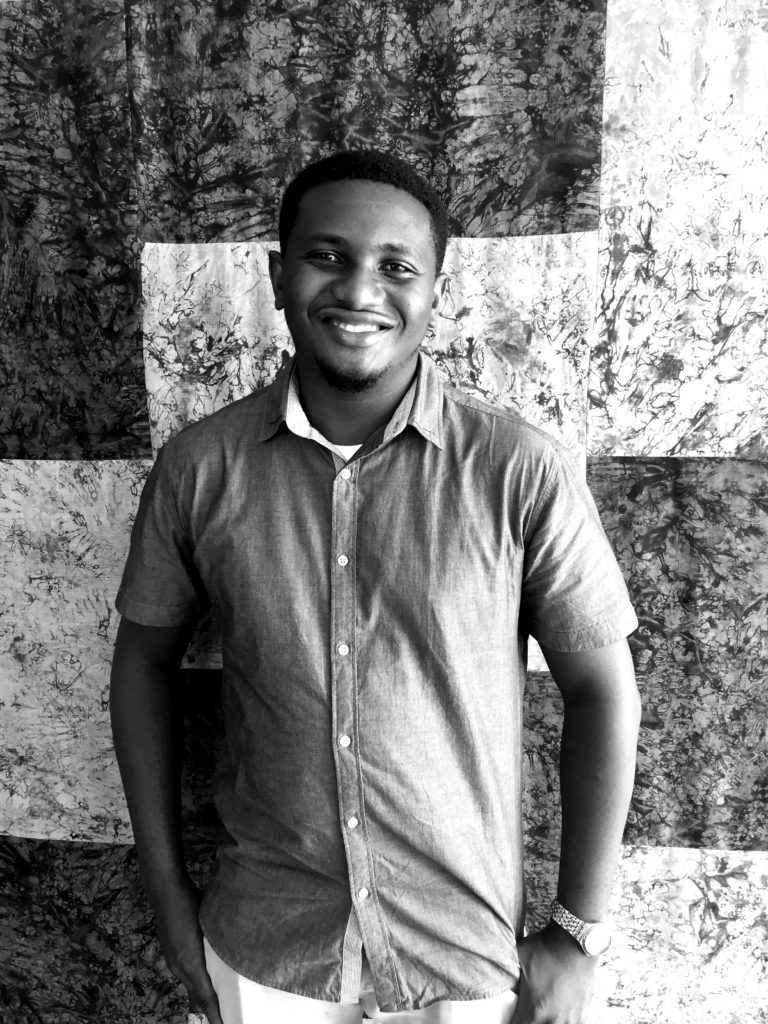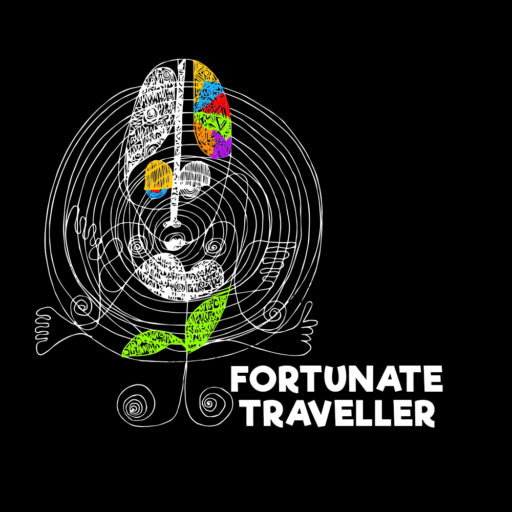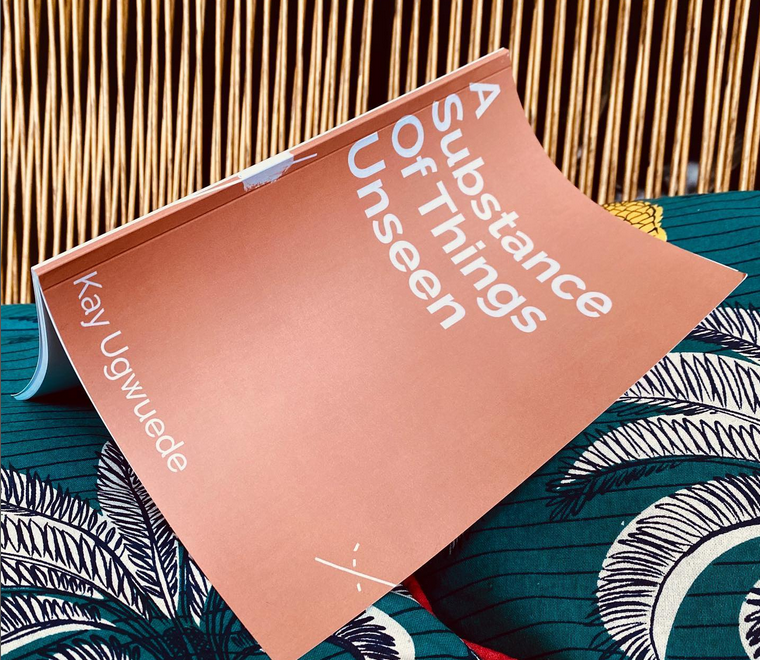You love to contemplate a new city at night, even better if you see it from the sky, a kaleidoscopic view of dotted lights and distances.
Every encounter of a new city is both a unique and a comparison of previous experiences. Douala from the sky looks like a coastal city. The aircraft pierces the clouds, you look down and what you see is the ocean, looking tame from the distance.
The plane lands almost elegantly; there is that expected jerk that differentiates flying from taxing. The pilot brings the aircraft to a halt with a smattering of French and impatient passengers crawl out of their seats to retrieve hand luggage, trudge the aisle, meet the preening smiles of air hostesses on the way out that seem to say, ‘You are lucky we got here safe’.
There are stiff smiles from immigration officers whose halting English is efficient enough to retrieve your fingerprints and stamp your green passport. The conveyor belt is old but dutiful; your luggage comes back to you.
You head out of the airport and there is a rush of déjà vu. Douala International Airport’s layout reminds you of Accra’s Kotoka International Airport—they both feel like home. Taxi drivers try to catch your attention with French and gestures. Cabs are honking at passengers who have suddenly blended into the city’s architecture of archetypes.
Douala is a beautiful city at night. Suddenly the long winding wait at the airport, the customary delays, the irritating winks and vernal suggestions of airport officials, the drunken display of the Oyo man identifiable from his tribal marks was worth it.
The cabby drives with a reckless precision to Foyer du Marin, Makossa music blaring out of his busted car speakers. Foyer du Marin is an old but functional hotel. Themed like a seaside resort, it hardly has the view of the sea.
Douala feels dysfunctional, like Kampala, when you walk through it. There are tall skyscrapers desperately begging for a fresh coat of paint. Dead neon signs but the street lamps, powered by solar, seem to work. Ditto for traffic lights. The illumination of the streets offers a sepia outlook. People walk almost leisurely, unlike Lagos where the pace is a Beethoven symphony gone crazy.
Hunger tempers visual perception. A group of Nigerians led by two Cameroonian writers are looking for supper. Opposite a Senegalese restaurant is a Gogo dancing club as told by neon lights, but food first.
There is no Senegalese jollof rice to put an end to the bitter West African jollof wars. There is Shawarma spelt with a C and D’jino, a colourful drink in a big bottle. Here finding Coke may be a needless luxury.
Belching is not necessary a sign of satisfaction. It is a graceless gesture of a gut giving thanks or something like that.
What do the Yorubas say about a sated man?
We look for a night club to jump. The amber streetlight colours the night and the women who are often referred to as ‘les belles de nuit’.
It is a short walk, long on anticipation. Our feet quicken in the music’s direction. We encounter several foul-smelling garbage sites, security guards clad in yellow snoozing on their chairs and the gaze of prostitutes profiling clients.
The club is padded with soundproof so that when the doors open, the music assails you. In the club, there are dancing people, humming people, sitting people, drinking people, people-watching people, people watching people watching people—a circuit of visual indulgences all under the influence of Makossa music and alcohol.
It is 10 pm or 11. Ladies outnumber men. Ladies wear fewer clothes than men. Ladies dance more than men. Ladies seek eye contacts with men. Who doesn’t know that prostitutes frequent nightclubs to influence their clientele?
The music is familiar and loved by the crowd. You don’t know these songs but the bass lines bring aches to your spine. It is true what they say about Douala: they own the bass guitar. Chances that you are picked at a bass guitar player audition in France if you say you are from Douala is 110%.
At 12 midnight, the DJ becomes his own hype man and the party becomes a Nigerian affair. P-Square. Korede Bello. D’Banj. Iyanya. The invasion is even more real when you experience it: from the sinuous slow dance of Makossa to the hippy fast-paced Afrobeats—there is no difference in dancers, only the music has changed.
Club hopping is delightful four or five bottles after. And you haven’t really visited a city if you have merely slept in it; if you haven’t fed it, if you haven’t felt the warmth of her women.
We stroll into the Gogo dancing nightclub just because . . .
 Dami Ajayi is a medical doctor, poet, music and literary critic. He is the author of two poetry collections, Daybreak, an electronic chapbook, and Clinical Blues, shortlisted for the 2015 ANA Poetry Prize. Dami lives in Lagos, Nigeria where he is a Senior Registrar in Psychiatry.
Dami Ajayi is a medical doctor, poet, music and literary critic. He is the author of two poetry collections, Daybreak, an electronic chapbook, and Clinical Blues, shortlisted for the 2015 ANA Poetry Prize. Dami lives in Lagos, Nigeria where he is a Senior Registrar in Psychiatry.
Cover photo credit, Edouard Tamba


Hmmmmmmm……
Life of a night crawler…..
Sleeping in a city doesn’t mean someone has actually visited city……
D night crawler was able to cruise d city and is equal to visiting the city without sleeping in the city….